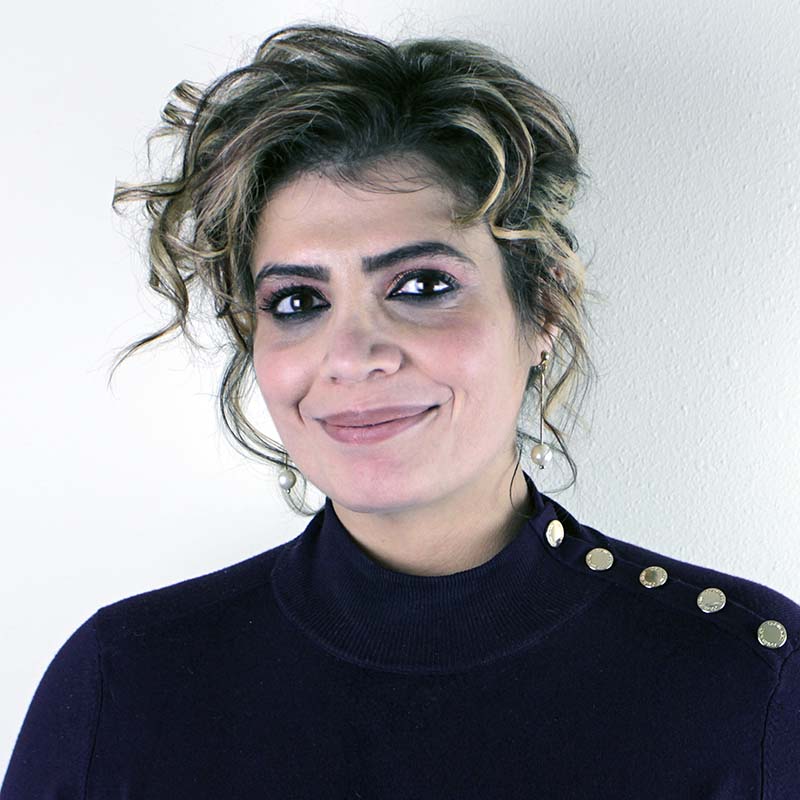
Every human experiences grief differently, in a different time frame and pattern. Contrary to modern Western beliefs society, grieving has no “right” or “wrong.” The stages of grief are not linear, they ebb and flow as we travel this journey to acceptance.
It can happen in an instant without our conscious presence. Someone, a pet, a job, house, a relationship, even a bad habit that defined us, gone, and we didn’t have the choice. It is just gone now, and we are left with a deep chasm of loss and pain.
Kubler-Ross model explains grief as follows;
The first stage of grief hits. It is denial. Shock and numbness overwhelm us as we stumble through life in a trance, disoriented and in disbelief in our loss. These feelings help our bodies cope with coming to terms with the loss.
The second stage is anger; directed at whom we think is to blame. It could be anyone, everyone, the entire universe, or yourself. Pain is glaring in the anger. It is said we can measure our love for our loss by this anger, but then again, we shouldn’t discount our love even though we may not feel any anger.
Then the “what ifs” stage sets in, and guilt may accompany these thoughts during this stage. “If I had not been so busy last night, I would have remembered to get the cat in.” “If I could do that over again, or have one more chance. ” Bargaining and negotiating with the pain and hurt from the loss.
The most commonly associated with grief and given the least amount of respect, the stage of depression. “Get over it,” or “snap out of it,” just return to “normal.” Depression is the “normal” response to grief, and we must allow ourselves, and others, to go through this process.
Withdrawing from activities and friends is natural; all the symptoms of depression, not sleeping, too much sleeping, not eating, etc., are all natural responses. We need to learn to be kind to ourselves, or someone at this stage, don’t push the grieving person to move on because society feels uncomfortable. Let that person lose his/herself for a time.
The final stage is acceptance in the Kubler-Ross model. We may never like the idea of our loss, but in time, we all learn to accept the reality of the loss, and life is now different. We decide to pick up the pieces we need to live the life ahead of us. It won’t ever be the same, but it does move on, and there will be beautiful moments and people to discover and to fill us.
All the models of grief express that grief is not a continuous flow, Stroebe and Schut’s dual process model is more of what maybe we all feel is how grief flows. Some days, grief will overwhelm the day; sometimes the pain will linger as you learn to redefine your life, and then some days you put the grieving part down for a moment or two. These moments will weave back and forth.
Whatever the stage of grief you find yourself in, and you feel like help is what you need, we are here for you. Sage Neuroscience is equipped to guide you through your process. We have therapists to talk with, support groups, or even just resources out in the community to assist you through this difficult time.
“You will lose someone you can’t live without, and your heart will be badly broken, and the bad news is that you never completely get over the loss of your beloved. But this is also the good news. They live forever in your broken heart that doesn’t seal back up. And you come through. It’s like having a broken leg that never heals perfectly – that still hurts when the weather gets cold, but you learn to dance with the limp.”
–Anne Lamott
“Grief is like the ocean; it comes on waves ebbing and flowing. Sometimes the water is calm, and sometimes it is overwhelming. All we can do is learn to swim.”
–Vicki Harrison

Clinical Director Therapist
Lana Reihani, LPCC, is a Clinical Mental Health Therapist, Clinical Supervisor, and Clinical Director with Sage Neuroscience Center. She is passionate about strengthening evidence-based clinical practices with radical empathy and a touch of humor, delivered with safety, equality, and diversity in mind. In her free time, Lana loves to learn, cook, find the best light for selfies, share amazing memes, and watch trashy reality TV.
Read Lana Reihani’s Full Bio | Browse All Articles Written by Lana Reihani, LPCC
